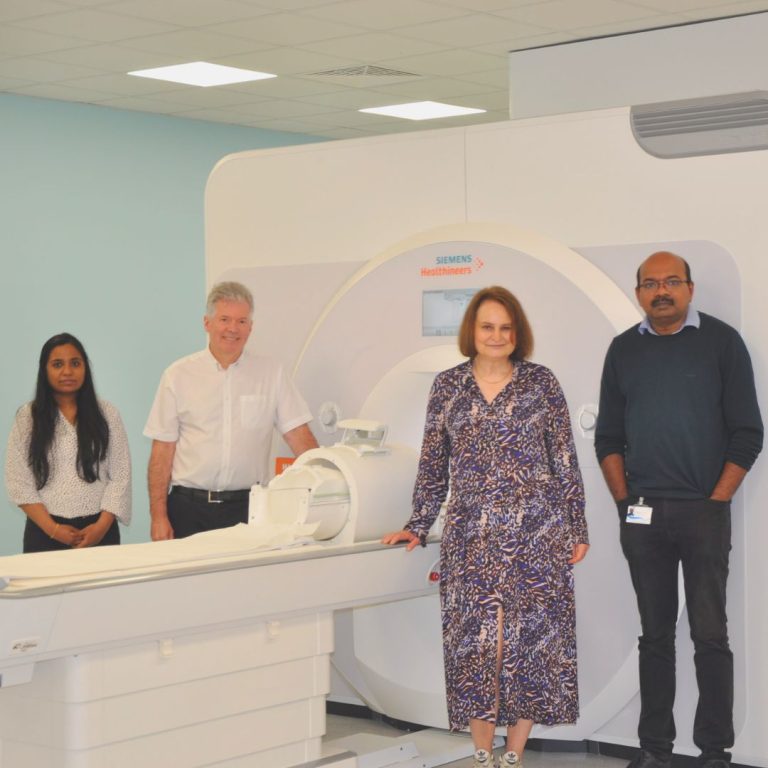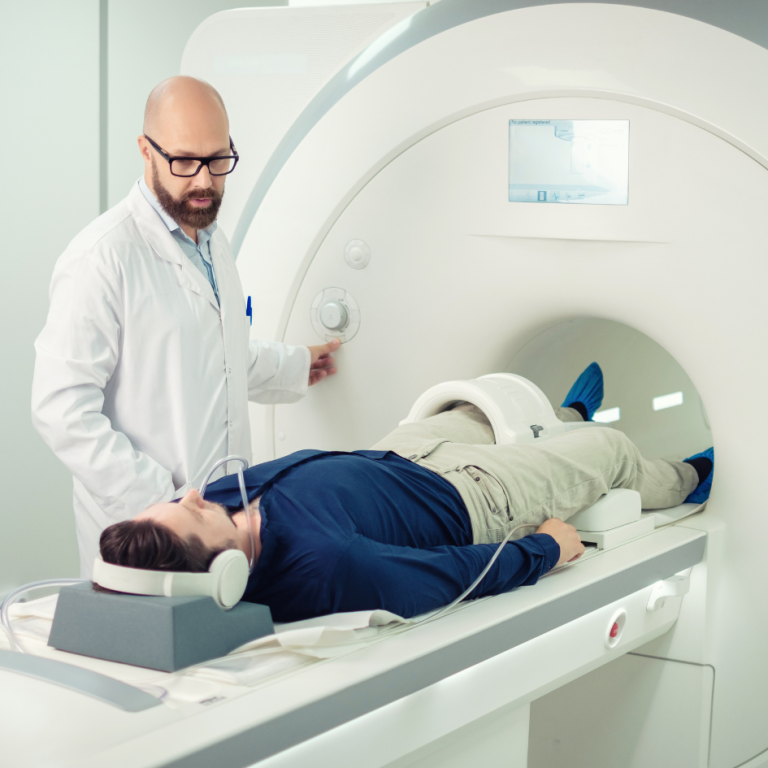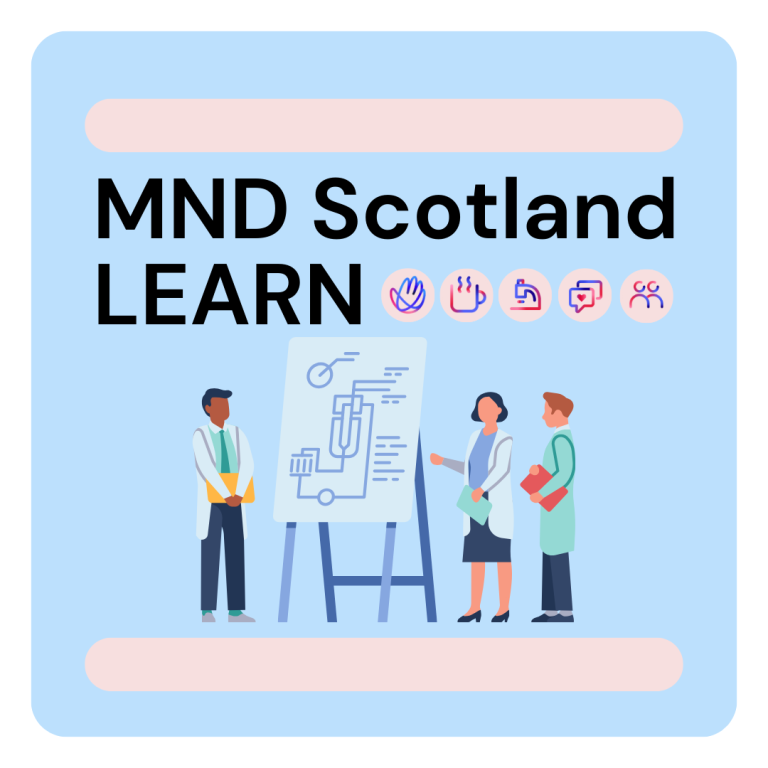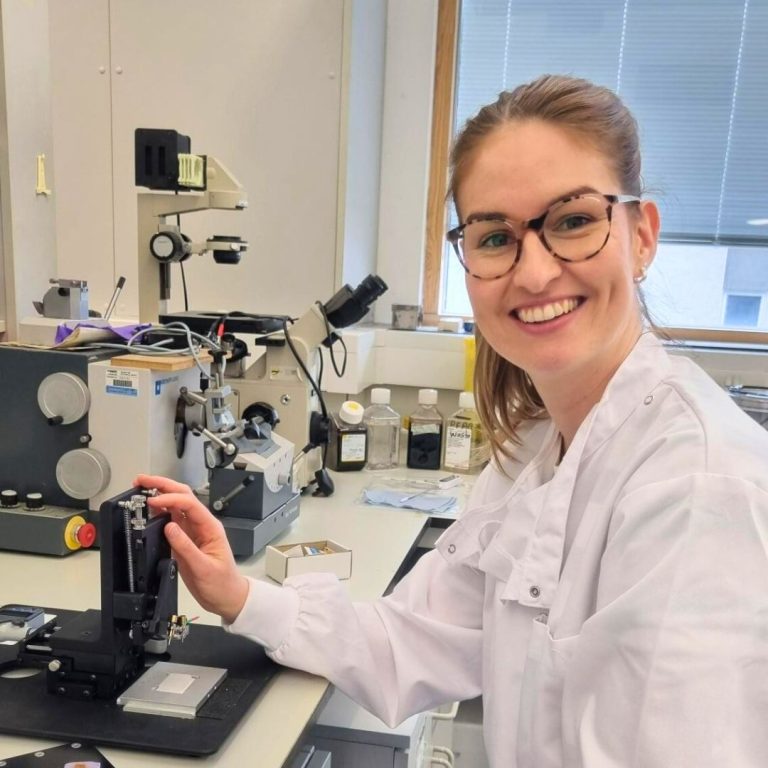What is MND
Find support
I have MND
I am supporting someone
Get involved
Research
About MND Scotland
Read real stories from people affected by MND, get inspired by the incredible ways people are supporting our cause and hear more about the latest advancements in research, care and support.
In 2020 MND Scotland funded £153,000 towards a project that assessed the needs of people living with MND in making decisions related to their care. The project, carried out at the University of Edinburgh by Professor Sharon Abrahams and Dr Milena Contreras, found that those who have changes in cognition (thinking) benefit from having specific support strategies when making these decisions.








